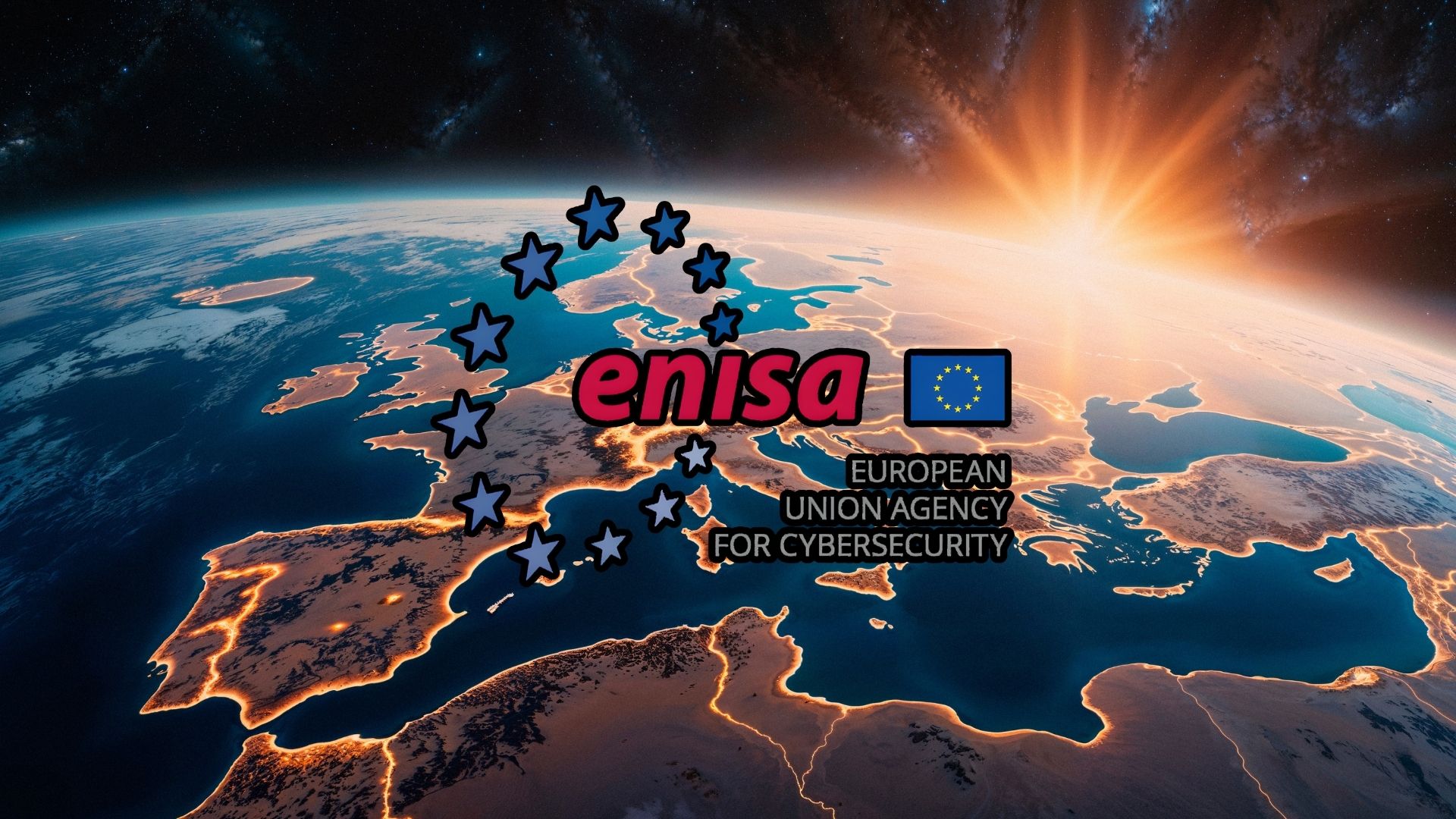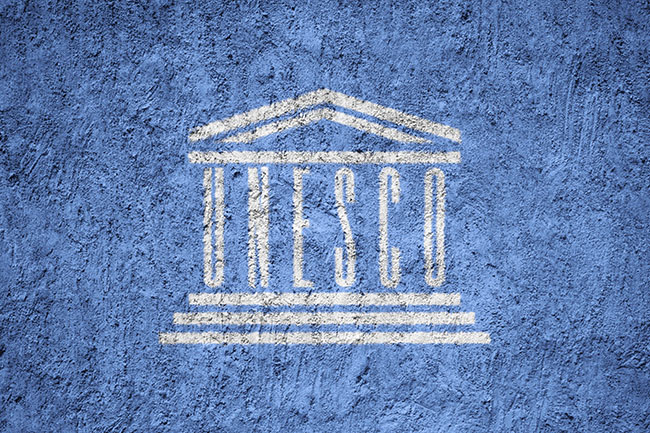EU regulators are preparing to enforce the Cyber Resilience Act, setting core security requirements for digital products in the European market. The law spans software, hardware, and firmware, establishing shared expectations for secure development and maintenance.
Scope captures apps, embedded systems, and cloud-linked features. Risk classes run from default to critical, directing firms to self-assess or undergo third-party checks. Any product sold beyond December 2027 must align with the regulation.
Obligations apply to manufacturers, importers, distributors, and developers. Duties include secure-by-design practices, documented risk analysis, disclosure procedures, and long-term support. Firms must notify ENISA within 24 hours of active exploitation and provide follow-up reports on a strict timeline.
Compliance requires technical files covering threat assessments, update plans, and software bills of materials. High-risk categories demand third-party evaluation, while lower-risk segments may rely on internal checks. Existing certifications help, but cannot replace CRA-specific conformity work.
Non-compliance risks fines, market restrictions, and reputational damage. Organisations preparing early are urged to classify products, run gap assessments, build structured roadmaps, and align development cycles with CRA guidance. EU authorities plan to provide templates and support as firms transition.
Would you like to learn more about AI, tech, and digital diplomacy? If so, ask our Diplo chatbot!










